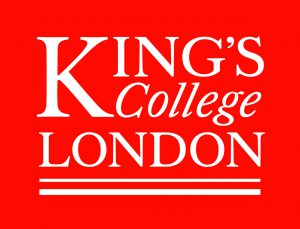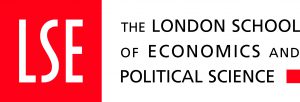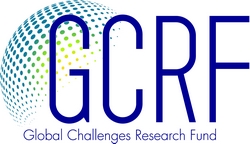Art & Reconciliation: Conflict, Culture and Community is a multi-year, collaborative and inter-disciplinary research project that ran from 2016-2019. It was funded by the UK Arts and Humanities Research Council (AHRC) as part of the Partnership for Conflict, Crime and Security (PaCCS) research programme and Global Challenges Research Fund (GCRF).
Art and Reconciliation was led by King’s College London in partnership with the London School of Economics and Political Science and University of the Arts London. We also worked with partners in the Western Balkans, where the research was based, including the Historical Museum of Bosnia and Hercegovina, the Post-Conflict Research Centre in Sarajevo, the Humanitarian Law Center in Belgrade and Stacion, the Insititute for Contemporary Arts in Prishtina.
Art and Reconciliation set out to question the potential of arts-based and creative approaches to reconciliation. Arts-based approaches have attracted increasing attention in recent years, seen as welcome alternatives to more mechanistic and institutional approaches to peacebuilding and transitional justice. But we know little about their impact, beyond anecdotal stories of success and failure. One key aim of the project therefore was to develop a more systematic understanding of the potential advantages and pitfalls of these sorts of approaches, as well as developing our understanding of what reconciliation might entail in different contexts and to different constituencies.
Art and Reconciliation explored the concept and practice of reconciliation combining approaches from history and conflict resolution, art and creative practice, and both qualitative and quantitative social science methods in three strands: History, Practice and Discourse.
History Historical investigation of the idea and practice of reconciliation through time, and an integrated study of thought and practice on reconciliation. Practice Mapping reconciliation activity in the Western Balkans region generally, and close interrogation of both the past use and the potential future role of art and creative practices in reconciliation. Discourse Comparative empirical research across countries, and over time, of debates on reconciliation, applying computer-assisted quantitative and qualitative analysis.
As researchers, we took a neutral stance on reconciliation. We did not come with a pre-defined meaning of the term, nor did we assume that reconciliation was necessarily either desirable or achievable. Rather we sought to explore how reconciliation was conceptualised and practiced over time and space, and to explore paradoxical and dissonant understandings.
This website presents the research activities and outputs as they evolved, as well as follow-on work undertaken by the research team, including Changing the Story and The Living Museum.

![]()





